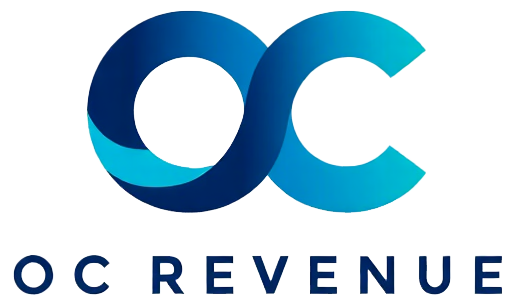Table of Contents
- Executive Summary:
- Key Takeaways:
- Will Revenue Intelligence Unlock New Market Opportunities in 2025?
- Transforming Forecasting and Pipeline Management with Revenue Intelligence
- Driving Cross-Department Collaboration and Enhanced Customer Experience
- Leveraging Advanced Analytics and AI for Strategic Market Expansion
- Optimizing Sales Team Structure and Compensation for Revenue Growth
- Strategic Implications and Change Management for Sustained Market Innovation
- For Further Information
- Related Stories on the Web
Recent Articles
Will Revenue Intelligence Unlock New Market Opportunities in 2025?
Executive Summary:
Revenue intelligence is reshaping how enterprises identify and capitalize on market opportunities in 2025 by delivering deep data-driven insights across the customer lifecycle. Forward-looking companies that integrate consulting expertise with advanced revenue intelligence tools can optimize pipelines, improve forecasting accuracy, and accelerate growth in new territories.
Key Takeaways:
- Revenue intelligence enhances forecasting precision and pipeline visibility to identify untapped markets effectively.
- Cross-department collaboration fueled by revenue intelligence drives stronger customer experience and retention strategies.
- Consulting services facilitate change management and tailored adoption of sales technology for enterprise-scale optimization.
- Advanced analytics and multi-touch revenue attribution empower executives with data-driven decision-making power.
- Investment in training, team structure, and revenue enablement maximizes the impact of revenue intelligence platforms.
Will Revenue Intelligence Unlock New Market Opportunities in 2025?
Transforming Forecasting and Pipeline Management with Revenue Intelligence

In 2025, enterprises face mounting pressure to deliver predictable revenue growth despite increased market volatility and customer complexity. Revenue intelligence platforms, with their embedded analytics and AI-driven forecasting capabilities, are now crucial in providing executives with a granular view of pipeline health and sales performance. These platforms aggregate data from sales technology, marketing operations, and customer success teams to generate actionable insights that refine territory planning and optimize lead prioritization.
For example, companies struggling with inconsistent forecasting accuracy have leveraged revenue intelligence tools to embed multi-touch revenue attribution into their sales processes, enabling dynamic adjustments to pricing and compensation structures. This results in improved pipeline velocity and better alignment between sales and revenue enablement teams. Additionally, data-driven insights into deal progression stages help identify risks early, driving proactive churn prevention and ultimately boosting customer retention across segments.
Consulting firms play a critical role here by advising on optimal team structure and stakeholder management to integrate these tools seamlessly into existing workflows. By guiding enterprises through change management and data integration challenges, consultants ensure their clients derive maximum value from their revenue intelligence investments, opening pathways to explore new market segments with confidence.
Driving Cross-Department Collaboration and Enhanced Customer Experience

Revenue intelligence extends beyond sales by fostering cross-department collaboration essential for capturing and expanding market opportunities. By linking marketing handoff data with customer onboarding and account management insights, organizations can create comprehensive journey mapping that improves customer experience and health scoring methodologies.
This holistic view enables marketing operations and customer success teams to collaborate on retention and upsell initiatives more effectively. Enterprises adopting this integrated approach have reported higher performance benchmarking scores and improved customer lifecycle management. Revenue intelligence platforms thus become a linchpin for aligning sales automation, compensation frameworks, and customer behavior analytics, driving sustained growth.
Consulting services are invaluable in designing these cross-functional strategies, ensuring that silos are broken down and collaboration is strengthened through tailored training programs. Consultants also facilitate the implementation of revenue attribution models and advanced analytics that improve decision-making across the enterprise, allowing leaders to unlock opportunities within existing accounts and new geographies alike.
Leveraging Advanced Analytics and AI for Strategic Market Expansion

The integration of agentic AI and advanced analytics within revenue intelligence platforms represents a strategic inflection point for enterprises targeting 2025 growth goals. AI-driven predictive analytics not only enhance risk management by flagging at-risk accounts but also uncover leads with high conversion potential in emerging markets. The convergence of AI and revenue intelligence accelerates forecasting refinement and pricing optimization, which are critical for competitive positioning.
As illustrated in recent trends highlighted by Omdia’s research on agentic AI, companies leveraging AI in tandem with revenue intelligence tools experience enhanced sales technology adoption and more nuanced revenue enablement processes. These innovations enable organizations to forecast with greater confidence and deploy resources efficiently to new territories, addressing gaps in team capabilities and market coverage.
Consulting experts specializing in revenue operations are essential partners in this AI-driven transformation. They guide implementation roadmaps, curate technology stacks, and develop comprehensive training programs that ensure organizational readiness and adoption accelerate value realization. This partnership mitigates common pitfalls and establishes a future-proof strategy for market development.
Optimizing Sales Team Structure and Compensation for Revenue Growth
Beyond technology, the human element remains paramount in unlocking market opportunities through revenue intelligence. Optimizing team structure to align with data-driven insights generates measurable uplifts in sales performance and customer engagement. For instance, data from revenue intelligence platforms can inform territory realignment and adjust compensation models to incentivize high-value behaviors tied to revenue attribution and customer success.
Enterprises that integrate revenue intelligence insights into performance benchmarking and sales automation achieve higher motivation and accountability across their sales forces. This optimization allows leadership to balance workloads effectively and identify training needs based on real-time pipeline analytics and health scoring metrics. Furthermore, tailored revenue enablement initiatives improve onboarding and reduce time-to-productivity for new hires entering competitive markets.
Consulting firms bring critical expertise in redesigning incentive frameworks and team workflows, ensuring alignment between company strategy and market execution. Their support in continuous performance monitoring and adaptive strategy refinement aids enterprises in sustaining momentum and capitalizing on evolving market dynamics.
Strategic Implications and Change Management for Sustained Market Innovation
Adopting revenue intelligence at scale demands robust change management practices to weave data insights into enterprise culture and decision-making frameworks. The transition to predictive, analytics-driven sales and revenue operations requires stakeholder management at the highest levels to overcome resistance and foster collaboration across departments.
Effective change management protocols include executive alignment workshops, transparent communication strategies, and iterative training cycles covering new tools and workflows. These efforts drive adoption and empower teams to harness revenue intelligence for strategic initiatives such as customer onboarding improvements, churn prevention, and pricing experimentation. In highly competitive markets, this agility is often the difference between market leadership and stagnation.
Consulting partners act as trusted advisors to business and technology leaders, helping orchestrate this transformation with proven methodologies and industry benchmarks. Their involvement ensures that revenue intelligence not only seeds new opportunities but also matures into a core capability that supports ongoing innovation and revenue growth.
For Further Information
- MarketsandMarkets Launches Revenue Intelligence Hub for Predictable B2B Growth
- Oddr’s Revenue Intelligence Platform Introduces Oria, the Oddr Revenue Intelligence Assistant
- Driving revenue growth with Agentic AI: strategic opportunities in APAC’s key verticals – Omdia
- GenAI apps doubled their revenue, grew to 1.7B downloads in first half of 2025 – TechCrunch
- Reddit forecasts strong revenue on AI-driven ad strength, shares surge – Reuters
Related Stories on the Web
The article on Will Revenue Intelligence Unlock New Market Opportunities in 2025? was hopefully useful in helping you understand more about the topic.

